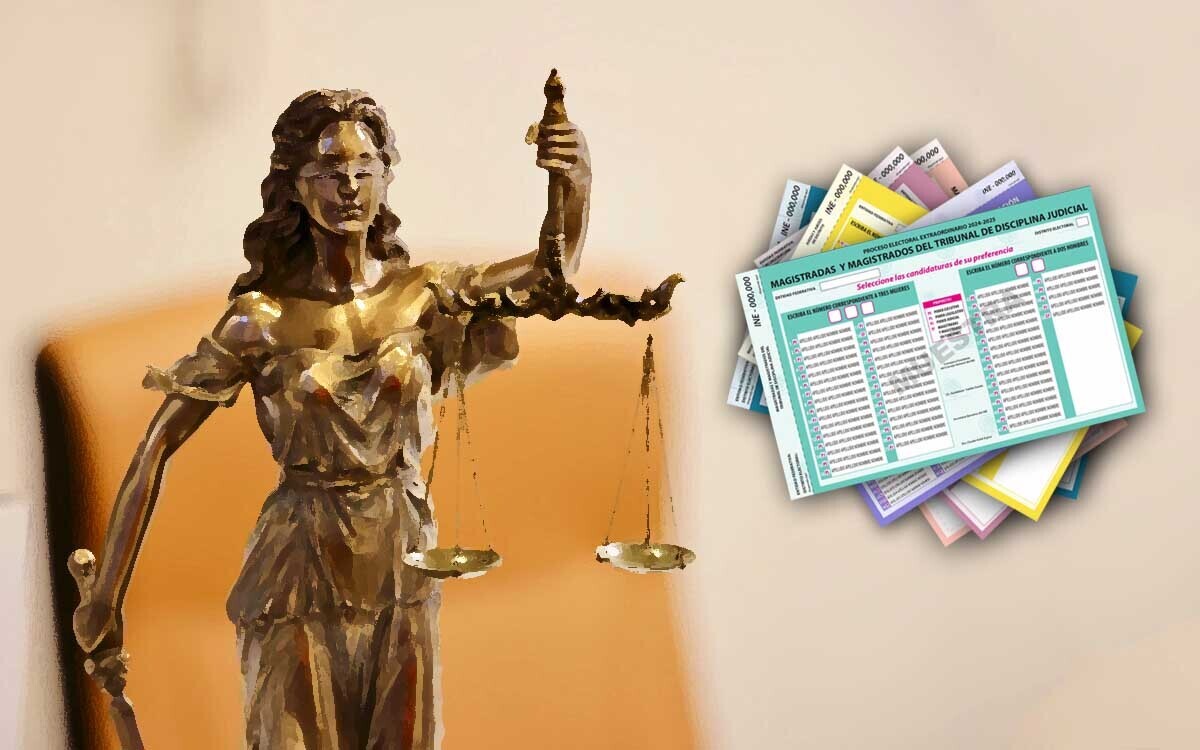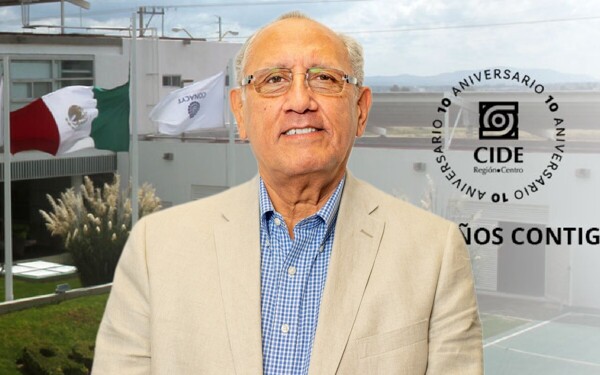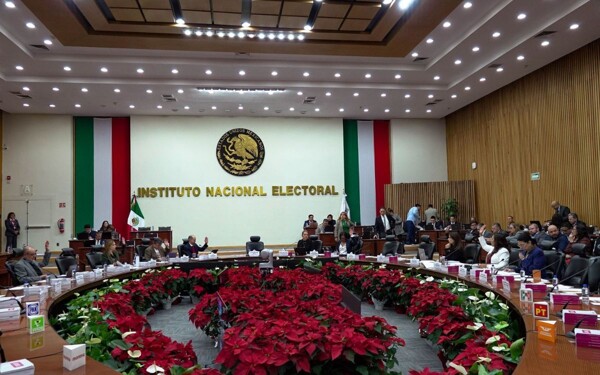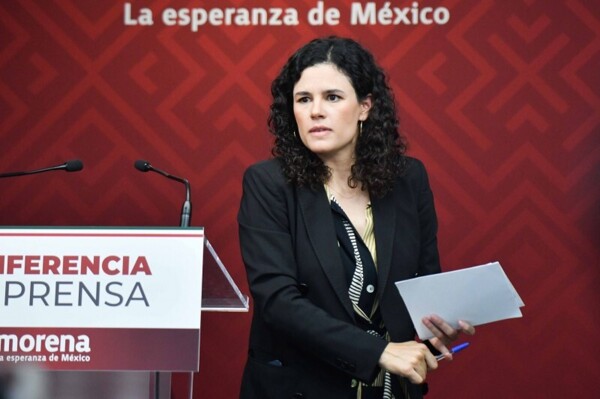
The National Association of Circuit Magistrates and District Judges of the Judicial Power of the Federation (Jufed) has made an urgent international call due to the presence of candidates for judges who have defended alleged drug traffickers. This statement aligns with other warnings about the danger of compromising justice with interests unrelated to legality, as Jufed pointed out in a statement.
Recently, Jufed has exposed these risks before various instances, such as the European Parliament, the United Nations, and the International Labour Organization, as well as before civil society and academic organizations in the United States. These actors have requested information about the possible negative effects of a reform that weakens the rule of law in Mexico.
In response to these situations, Jufed has urged specialized international institutions to understand the impacts of weakening the judiciary in Mexico in relation to democracy. For his part, Gerardo Fernández Noroña, president of the Senate of the Republic, mentioned the presence of candidates for judges linked to alleged drug traffickers on the lists submitted for the judicial elections on June 1.
In this context, Jufed strongly condemned and expressed its concern about the statements made by the president of the Senate. According to the association, these claims confirm that the judicial reform in Mexico, promoted by the federal government, represents a direct threat to judicial independence and human rights in the country.
Jufed warned that the supposed "popular election" of judges and magistrates is not a democratic process but a mechanism that facilitates institutional co-option by political, economic, and even criminal interests. Additionally, they cited positions from international institutions and representatives who have emphasized the importance of judicial independence for the rule of law.
In this sense, the UN Special Rapporteur on the independence of judges and lawyers, Margaret Satterthwaite, highlighted that judicial independence is fundamental and cannot be subject to elections influenced by political powers. On the other hand, the Inter-American Commission on Human Rights emphasized that a judicial election without guarantees of impartiality and merit constitutes a democratic setback.
Finally, the U.S. ambassador to Mexico at that time, Ken Salazar, expressed his concern about the possibility of drug cartels infiltrating the judiciary if a plan is approved for judges to be elected by popular vote. In this context, according to Jufed, the rule of law is at risk of disappearing under the guise of a democratic election, which is not about modernizing justice, but about handing it over to harmful interests.














